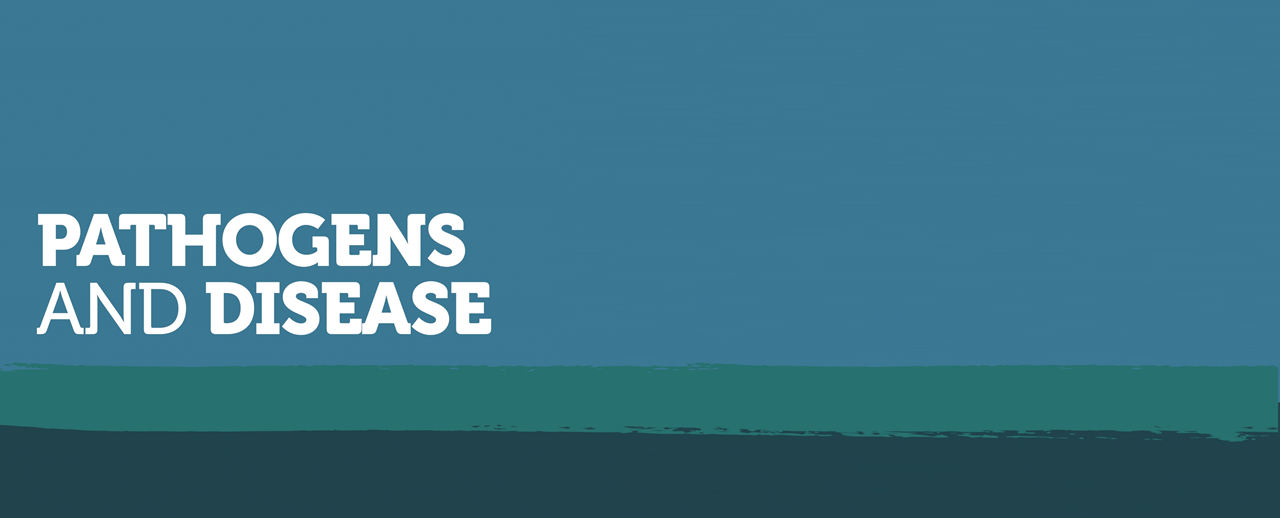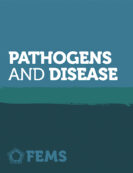Pathogens and Disease Best Turbo Talk: Elizabeth Attree
We send our congratulations to Elizabeth Attree, who won the Best Turbo Talk at ToxoUK, sponsored by our journal Pathogens and Disease.
 ToxoUK took place on the 14th of December 2021 in Cambridge, UK. Elizabeth’s winning talk was titled “Subcellular localisation of Eimeria tenella proteins by hyperLOPIT”
ToxoUK took place on the 14th of December 2021 in Cambridge, UK. Elizabeth’s winning talk was titled “Subcellular localisation of Eimeria tenella proteins by hyperLOPIT”
Read our interview with Elizabeth about her research below:
What is your current position, and what was your scientific journey to get there?
I completed my undergraduate degree and MRes at the University of Liverpool and moved to the Royal Veterinary College to undertake my PhD project, a multi-omic approach to improving the genome annotation of the parasite Eimeria tenella. Subcellular localisation data is an important part of the functional genome annotation improvement effort of my project and I have been fortunate to collaborate with the Waller group at the University of Cambridge to produce the data presented.”
Could you describe the research your poster covered?
In my turbo talk I presented the exciting preliminary results of my analysis of subcellular localisations of Eimeria tenella proteins by hyperLOPIT. Using a manually curated set of marker proteins specific to Eimeria tenella my analysis has predicted the localisation of over one thousand sporozoite proteins at ≥0.99 probability across four experiments. These results provide a significant amount of novel subcellular localisation data for a parasite where there is currently very little and will be instrumental in functional inference of proteins.”
What do you hope to focus your research on in the future?
My research interest is infectious diseases of agricultural importance and those important in human health. I enjoy being able to conduct large scale analyses of complex multi-omic datasets and would like to continue developing my bioinformatic analysis skills. I also find the complex life cycles and biology of parasites a fascinating challenge and one that I would like to continue to focus on in my career.”
–
We use income from the FEMS Journals to fund grants, awards, and projects, and to support our knowledge sharing events and initiatives. Consider publishing your research with our journals to help the global microbiology community.
All but one of the FEMS journals are fully open access (OA), with one journal, FEMS Microbiology Letters, offering free-to-publish and OA options. Open access is key to supporting the FEMS mission of disseminating high quality research as widely as possible: when high quality, peer reviewed sound science is open access, anyone, anywhere in the world with an internet connection, can read it.







